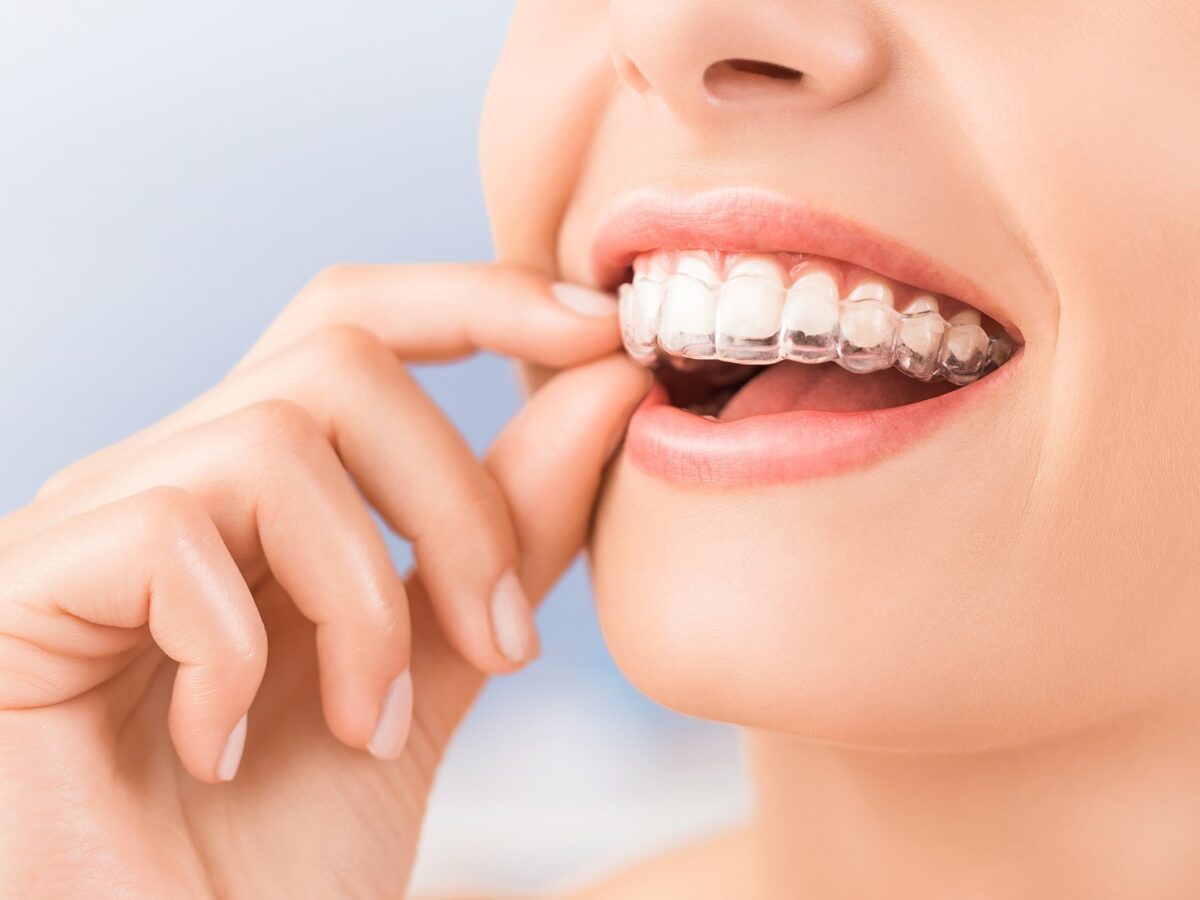Blog
Dental hygiene tips for healthy teeth & gums

Talk normally with Invisalign
Today, when we think of a way to upgrade our smile, we think of Invisalign. Less permanent, less visible, and less invasive. Like other orthodontic treatments, patients considering Invisalign can be concerned about its impacts. The concern makes sense because what is the point of wearing discreet braces when you will be giving away the secret by the way you speak?
Any orthodontic appliance installed in the mouth can affect speech, mainly when the dental appliance adds extra thickness to the roof of the mouth or in the area behind the front teeth. The good thing about Invisalign is that the issues experienced are temporary, minimal, and easily fixable.
Will Invisalign cause speech impediments?
No. Not very likely! The aligners are made out of very thin clear plastic, which makes the impact, if any, very minor. That means you are unlikely to have any significant speech impediments. As you grow familiar with the presence of Invisalign, your speech is going to go back to the crisp self again.
When you start wearing Invisalign, you might observe a slight lisp while talking, mainly when trying to make the ‘sh’ or ‘s’ sounds. The lisp, however, will be noticeable to you only and not to anyone you speak with. In addition, this lisp will eventually fade as you get more accustomed to wearing your aligners.
As per a study, 93% of Invisalign patients reported no difficulties with speech after wearing Invisalign. Going by these numbers, you do not need to worry.
Tips to get over speech problems (if any):
Though unlikely, some patients might notice a slight lisp or feel trouble enunciating some words. It can be vexing, but it is temporary and standard with the treatment. Here are some helpful tips:
-
Practice: Start by practicing the correct pronunciation privately. Then, you can try over-enunciating or focus on the most challenging words.
-
Read loudly: Try reading aloud to yourself or a loved one if you notice a lisp. Find words you have trouble with and repeat those until you get a hold.
-
Speak slowly & Record: Use a handheld recording device as you speak at a relaxed pace. It will help you pinpoint words, phrases, or sounds you have difficulty with.
Schedule your appointment with a dentist today and get the treatment on time!


